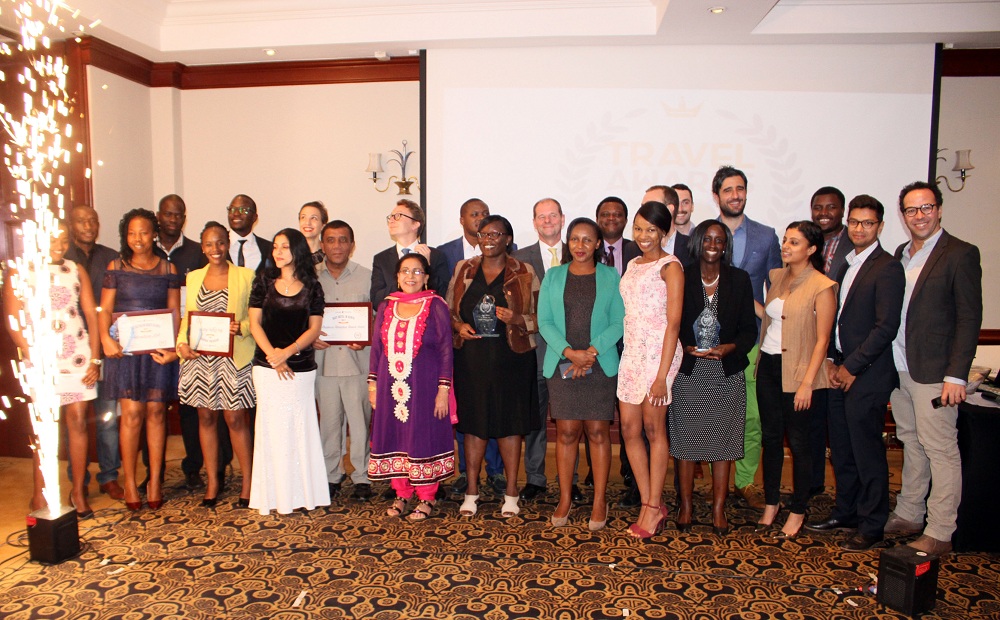[dropcap]G[/dropcap]lobal unemployment is still on a high with over 190 million in 2018, according to the International Labour Organisation (ILO). This alarming rate calls for all economic sectors to play their roles in job creation, providing sustainable employment. While the tourism sector currently generates only 10% of the world’s jobs, its potential – if well tapped, could be a major source of employment and entrepreneurship.
This represents an important topic of discussion, having been an agenda in the 8th meeting of the ministers of Tourism of the G20 economies and the World Tourism Organisation (UNWTO) in
Buenos Aires, Argentina.
In a release by the UNWTO, Argentina’s minister of Tourism Gustavo Santos was quoted saying: “We need to promote the role that tourism has in shaping the future of our world as the sector that will create more jobs in the coming decade”.
In doing this, there needs to be an integrated approach to the future of work in tourism, including the development and implementation of new policies by the various governments and related stakeholders. These include embracing innovation and technology, adapting advanced digital transformations, and fostering new skills development and education to create new decent jobs.
In line with this, the UNWTO Secretary-General Zurab Pololikashvili called upon tourism leaders to “embrace the technological revolution and unleash its potential to create more and better jobs in our sector, making tourism a true pillar of the G20 objectives of inclusive and sustained growth”.
Even so, major challenges continue to hinder the development of tourism as a key driver on the
creation of more and better jobs.
Emergence of new markets, changing lifestyles, increased competition, demographic transition, technological developments, increased mobility, demand patterns and travel behaviors, as well as pressure to deliver high quality tourism experiences to visitors are just some of these challenges identified in the G20 policy note. Notably, a mismatch between qualifications and workplace reality is a major constraint that cannot be underplayed in achieving tourism’s full potential as an employer.
“As a tourism stakeholder, we believe that job specifications and adoption of the workplace culture is of utmost importance. In addition, we often provide extensive training to our employees and partners to enhance skills development,” says Cyrus Onyiego, Jumia Travel Kenya Country Manager.
Various measures have therefore been proposed by the ministers of Tourism of the G20 economies, with an objective of turning these challenges into a competitive advantage. They include:
- Encouraging policies that promote full and productive employment and facilitate the progress of innovation in tourism and foster the creation of decent jobs, sustainable enterprises, and entrepreneurship, among women and the youth
- Establishing favourable frameworks to stimulate innovation, entrepreneurship and connect ecosystems
linking start-ups, main companies, investors, and governments along the tourism value chain - Creating cooperation mechanisms between educational institutions at all levels, the private sector, governments, and technology partners to review educational programmes and skills development policies.
- Considering the importance of SMEs in the tourism, heritage, and cultural sectors due to their contribution to job creation as well as their role in preserving and promoting cultural resources.
- Promoting the use of digital technology to facilitate travel as well as involving technology stakeholders in national tourism policies.
Tourism is the third largest export category in the world, after chemicals and fuels. In 2016, international tourism receipts and passenger transport accounted for 30% of the world’s services exports ($1,442 billion) and 7% of overall exports in goods and services.
READ: Keter orders review of power tariffs
In the G20 economies, international tourism generated nearly %1,060 billion, representing 6.3% of all G20 exports;according to UNWTO. A 2017 hospitality report by Jumia Travel shows that in Kenya, the sector’s contribution to employment stood at 9.3% in 2015. This is expected to rise by 2.9% pa in 2026, overall contributing to 9.5% of total employment.













Leave a comment